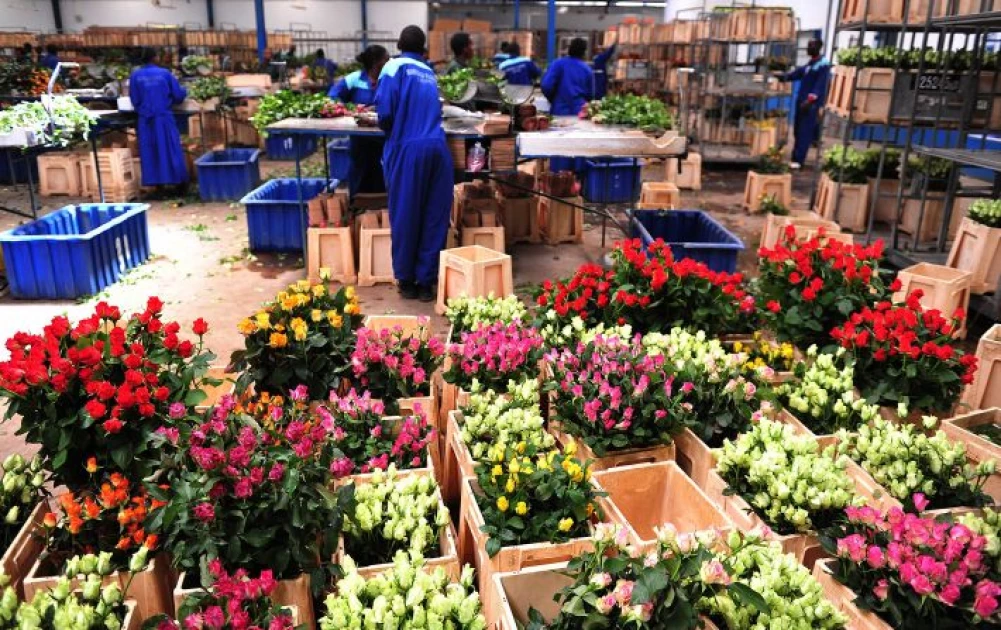Kenyan flower growers get new tool to tackle rising disease pressure


Audio By Vocalize
Powdery mildew and botrytis, two fast-spreading fungal infections, have become major threats to rose farms, leading to higher losses and making it harder for exporters to meet the strict quality requirements of European markets.
To address these challenges, Corteva Agriscience Kenya has introduced a new fungicide developed specifically for roses — the first of its kind available in the country. The product arrives at a time when the horticulture sector, which contributes more than Ksh.150 billion annually and supports over half a million jobs, is under pressure to maintain its market position.
“Growers are expected to deliver top-quality flowers even as disease pressure and standards rise,” said Charles Mutema, Business Lead at Corteva Agriscience. He said the introduction of the new technology is aimed at supporting farmers adapting to these conditions.
Kenya Flower Council Scheme Manager John Njenga noted that Kenya’s selection as the first African country to access the product reflects the sector’s established role in the global flower market. He said that a solution targeting persistent diseases such as powdery mildew is a timely development for growers trying to protect the quality of export roses.
The newly registered fungicide, Verpixo® 100 SC, contains Florylpicoxamid — a novel active ingredient classified under FRAC Group 21. It provides protection against powdery mildew and botrytis, which are among the leading causes of quality downgrades and export rejections. Because it has no known cross-resistance, the product offers growers an additional option for managing disease while reducing the risk of resistance building over time.


Leave a Comment